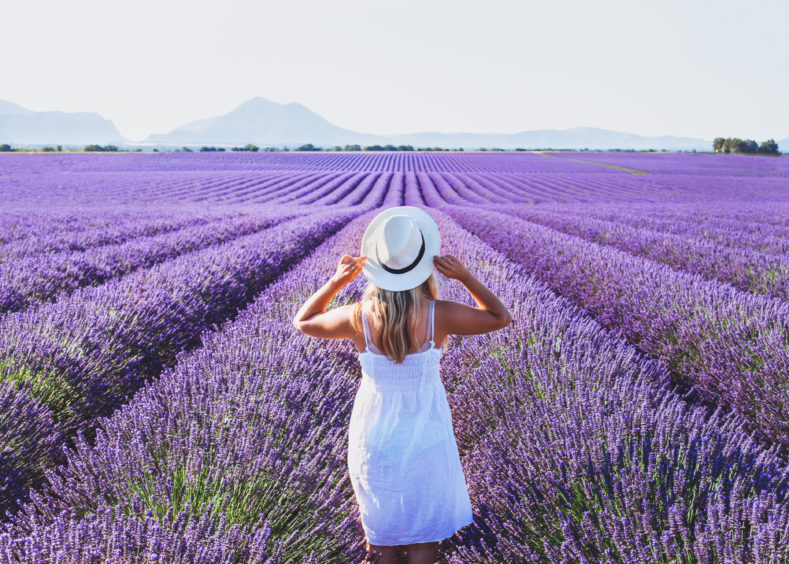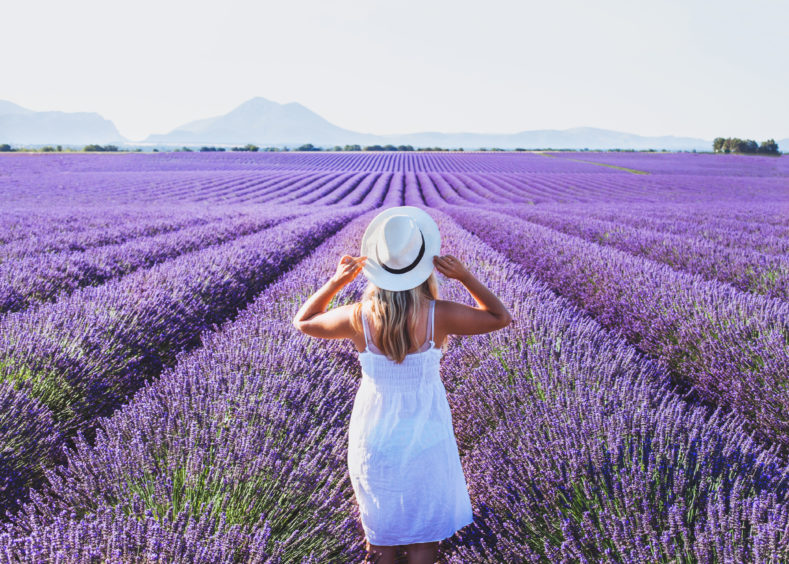Learn about brain health and nootropics to boost brain function
Unlocking nature’s medicine cabinet: Why ancient aromatherapy is growing in popularity


Shining out from the mobile phone just inches from your face, a blue glow illuminates your bedroom and keeps your eyes open and unblinking.
It’s 2am and the land of nod looks further away than Timbuktu.
Yes, between the stresses of work, everyday worries and busy social lives, it’s never been harder to relax and get a good night’s sleep.
But what if a little spritz and spray on your pillow or a slick of oil on the skin could boost your bedtime, lead to a better night’s rest, and even improve your overall health?
More and more of us are turning to the traditional holistic practice of aromatherapy to help promote our mental, emotional and physical wellbeing, and the global market for essential oils is estimated to experience a year-on-year growth rate of more than 8% in 2019.
What’s more, experts believe the worldwide market will be worth £3.9 billion annually by 2023.
So, why are we now turning to ancient remedies to ease everything from anxiety to muscle aches and pains?
According to Rebecca O’Connor, aromatherapist and founder of Beatitude, essential oils are growing in popularity because of our modern, stressful lives.
She said: “As a society we have never been more stressed, and aromatherapy has become bigger because it is such a great antidote for helping your mind relax.
“As technology has grown, we have become so switched on all the time – everyone can get hold of us 24 hours a day, seven days a week.
“So, it’s useful to have a tool that can help you escape and get yourself in a better or a more relaxed state of mind.
“Whether it’s a bath filled with lovely oils, a body massage, a facial, or even just burning a candle, there are proven scientific effects for essential oils, including their ability to relax, as well as antibacterial and antiseptic properties.
“There are a wide range of results you can get with aromatherapy, and because you can use the oils at home it makes relaxation very accessible.”
Here are just some of the everyday complaints we could ease with nature-infused oil.
Sleep
According to a 2017 report by The Sleep Council, 74% of Brits sleep less than seven hours a night, and the number of people getting less than five hours has risen from 7% to 12% in just four years.
What’s more, 53% of respondents identified stress and worry as the main reason for a night of tossing and turning under the sheets.
The relaxing properties of lavender have long been linked with helping to aid sleep, but other essential oils such as chamomile, sandalwood and vetivert can also have a calming effect.
Three separate studies, detailed in the US National Center for Biotechnology Information, investigating the effectiveness of lavender odour on sleep quality, concluded the scent improved sleep for students, heart disease patients, and women with insomnia respectively.
In a study of 100 participants and 100 ex-prescription users, beauty brand This Works also found their Deep Sleep pillow spray – which contains all of the above essentials oils – helped 97% sleep better and 89% fall asleep faster.
Stress and anxiety
Relaxing in a bath, using oils and even burning candles could have a positive impact on our mental health, according to a recent study into the benefits of lavender.
Researchers in Japan looked at whether smelling linalool helped mice to relax, and found the subjects exposed to the scent showed fewer signs of anxiety.
Published in the journal Frontiers In Behavioral Neuroscience, the 2018 study even concluded that the essential oil, which also occurs naturally in tangerine, lemon and cinnamon, could be used to calm patients before surgery, and act as an alternative to sleeping pills.
Rebecca said: “The sense of smell has a very direct link to the part of the brain called the limbic system, which is responsible for memory and emotions.
“So, if you’ve had a positive association to the smell of aromatherapy essentials oils, your body will remember and it can have a profound effect on your relaxation.”
Skin complaints
There are many natural ingredients which can help to sooth and calm irritated skin, including English camomile, which is a natural anti-inflammatory, aloe vera which is often used treat wounds, burns and cuts, and anti-fungal patchouli oil which heals cracked or scarred skin.
As well as treating abrasions and dryness, body oils also contain anti-aging properties. Rebecca believes natural products can be more effective that man-made chemicals.
She explained: “There are some amazing plants oils, which are just as good if not better than chemicals. They are more gentle and kind to the skin. Good plant oils have a chemistry very similar to our own skin, so using pure, very fine ingredients can have a stabilising effect.”
Muscular pain
Whether you have pulled a muscle while exercising or suffer from painful back spasms, massaging the effected area with oils has been found to relieve or improve symptoms.
For example, marjoram oil is known for its ability to ease pain and inflammation, and can therefore help to relax tense muscles. Warm ginger can also be massaged into joints to boost circulation.
A 2014 study, conducted with 140 adults suffering from chronic back pain, found Swedish massage using ginger oil was more effective than a traditional Thai massage at reducing both long and short-term pain.
More from the Sunday Post
Click here to view full article